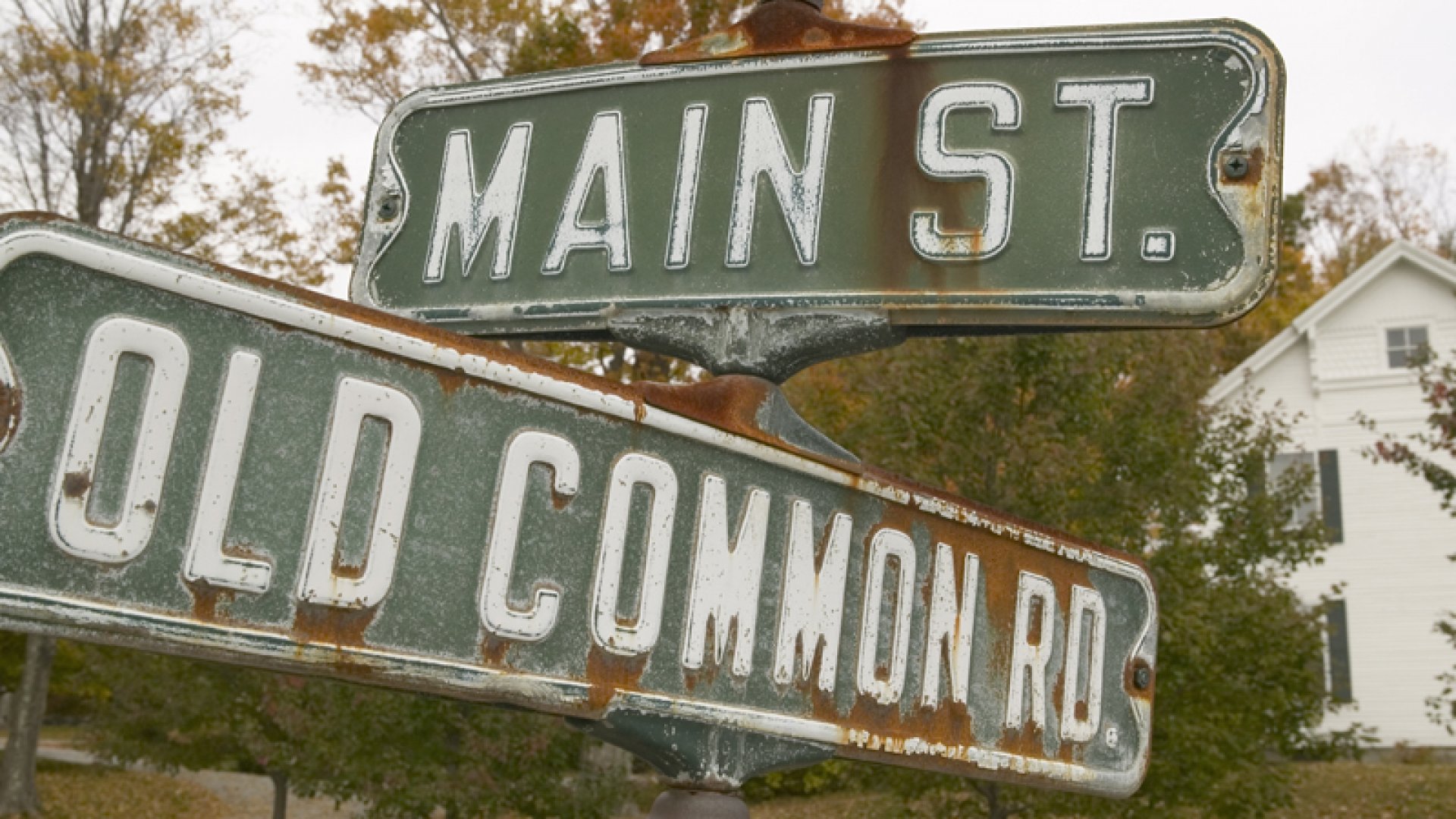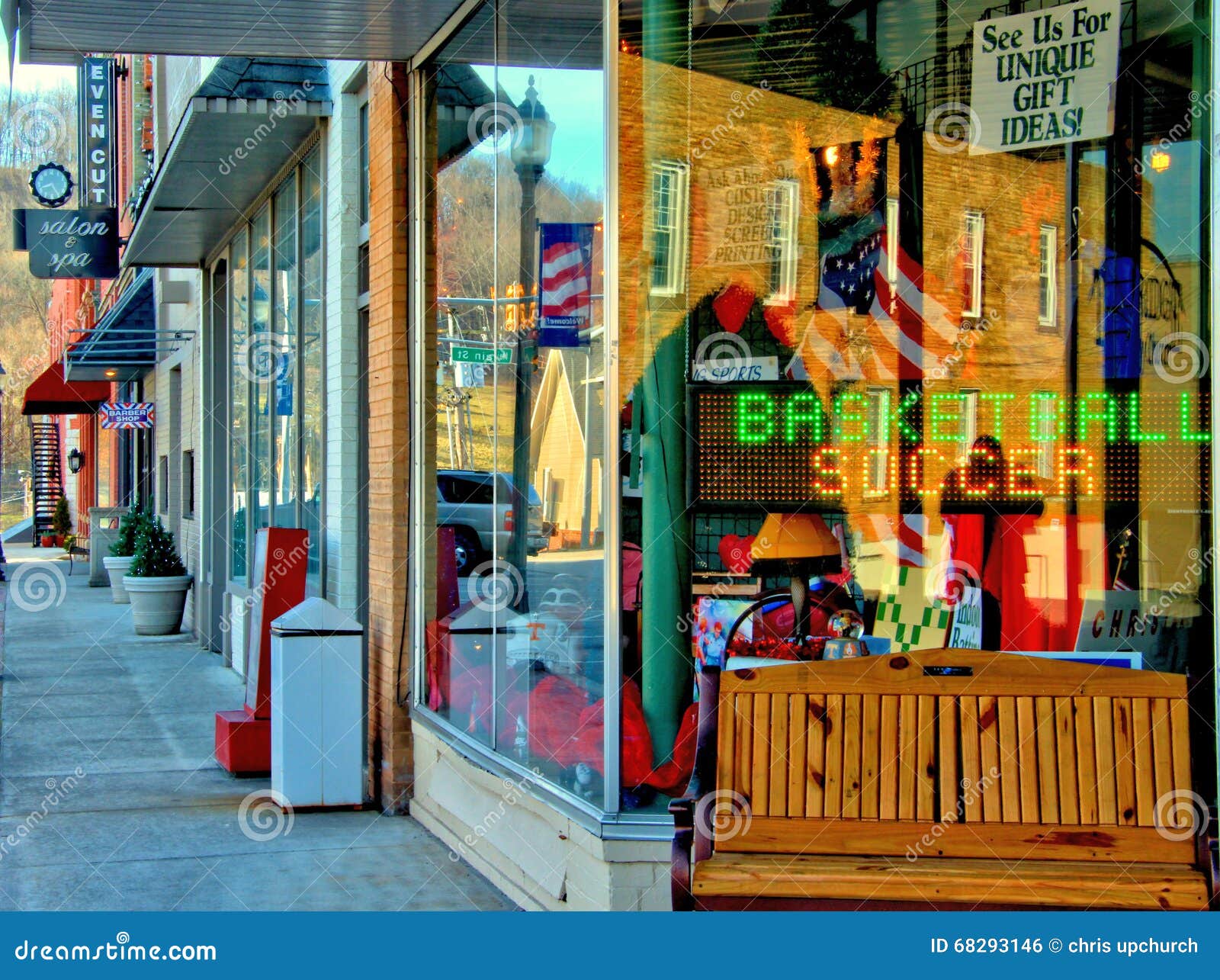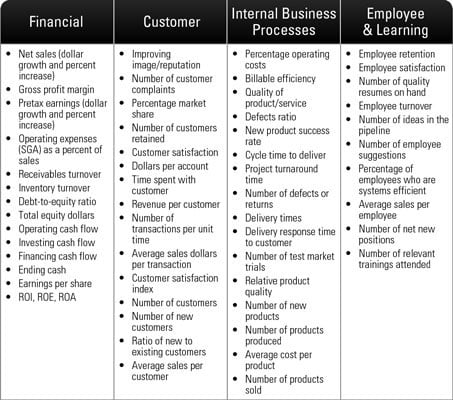Why Small Towns are Ideal for Entrepreneurs
Small towns offer a unique set of advantages that make them an attractive location for entrepreneurs looking to open a successful store. One of the primary benefits is lower overhead costs, including reduced rent and utility expenses. This allows business owners to allocate more resources to marketing, inventory, and staffing, ultimately contributing to a higher profit margin. Additionally, small towns often have a built-in customer base, with residents eager to support local businesses. This loyalty can lead to a steady stream of repeat customers and positive word-of-mouth advertising.
Another significant advantage of opening a store in a small town is the stronger sense of community. Residents tend to be more invested in the local economy and are more likely to shop at businesses that are owned and operated by their neighbors. This sense of community can also lead to partnerships and collaborations between business owners, further enhancing the overall shopping experience. Furthermore, small towns often have a more relaxed pace of life, which can make it easier for entrepreneurs to connect with customers and build meaningful relationships.
When considering the best store to open in a small town, it’s essential to think about the specific needs and preferences of the local community. By understanding the demographics, shopping habits, and lifestyle of the residents, entrepreneurs can create a store that meets their unique demands. For example, a small town with a high percentage of young families may be an ideal location for a children’s clothing store or a family-friendly restaurant. By catering to the specific needs of the community, entrepreneurs can increase their chances of success and build a loyal customer base.
In addition to understanding the local community, entrepreneurs should also consider the competitive landscape when deciding which store to open in a small town. By analyzing the existing businesses and identifying gaps in the market, entrepreneurs can create a unique and compelling offer that sets them apart from the competition. This may involve offering a wider range of products, providing exceptional customer service, or creating a welcoming and inviting store environment.
Ultimately, opening a successful store in a small town requires a deep understanding of the local community, a well-thought-out business plan, and a commitment to providing exceptional customer service. By leveraging the advantages of small town entrepreneurship, including lower overhead costs and a stronger sense of community, entrepreneurs can create a thriving business that meets the unique needs and preferences of the local residents.
Identifying the Best Store Types for Small Towns
When it comes to determining the best store to open in a small town, it’s essential to consider the types of businesses that tend to thrive in these environments. Convenience stores, pharmacies, and specialty food shops are often among the most profitable store types in small towns. These businesses cater to the daily needs of residents, providing essential products and services that are in high demand.
Convenience stores, for example, offer a wide range of products, including groceries, beverages, and household essentials. They often serve as a one-stop shop for residents who need to quickly pick up items on their way home from work or while running errands. By stocking a variety of products and offering extended hours of operation, convenience stores can attract a loyal customer base and drive sales.
Pharmacies are another type of store that tend to do well in small towns. These businesses provide essential healthcare services and products, including prescription medications, over-the-counter remedies, and health and wellness products. By offering personalized service and expert advice, pharmacies can build strong relationships with customers and establish a reputation as a trusted healthcare resource.
Specialty food shops, such as bakeries, butcher shops, and gourmet food stores, can also thrive in small towns. These businesses cater to the growing demand for unique and high-quality food products, offering customers a range of options that are not typically found in larger retail stores. By sourcing products from local suppliers and offering personalized service, specialty food shops can create a loyal customer base and drive sales.
Other store types that may do well in small towns include hardware stores, home decor shops, and outdoor gear stores. These businesses cater to the specific needs of residents, providing products and services that are tailored to the local lifestyle. By understanding the unique needs and preferences of the community, entrepreneurs can create a store that meets the demands of the local market and establishes a strong reputation.
Ultimately, the best store to open in a small town will depend on the specific needs and preferences of the community. By conducting market research and analyzing the competitive landscape, entrepreneurs can identify opportunities to create a successful and profitable business. Whether it’s a convenience store, pharmacy, or specialty food shop, the key to success lies in understanding the local market and creating a store that meets the unique needs of the community.
How to Conduct Market Research for Your Small Town Store
Conducting market research is a crucial step in determining the demand for a particular store type in a small town. By analyzing demographics, competition, and local consumer behavior, entrepreneurs can gain a deeper understanding of the local market and make informed decisions about their business. One of the most effective ways to conduct market research is to gather data from existing businesses in the area. This can be done by reviewing sales data, customer feedback, and market trends.
Demographic analysis is also essential in understanding the local market. By examining the age, income, and occupation of residents, entrepreneurs can identify potential target markets and tailor their products and services accordingly. For example, a small town with a high percentage of young families may be an ideal location for a children’s clothing store or a family-friendly restaurant. By understanding the demographics of the area, entrepreneurs can create a store that meets the unique needs of the community.
Competitor analysis is another critical component of market research. By examining the strengths and weaknesses of existing businesses in the area, entrepreneurs can identify gaps in the market and create a unique selling proposition (USP) that sets their store apart from the competition. This can be done by reviewing the products and services offered by competitors, as well as their pricing, marketing, and customer service strategies.
Local consumer behavior is also an important factor to consider when conducting market research. By understanding the shopping habits and preferences of residents, entrepreneurs can create a store that meets their needs and exceeds their expectations. This can be done by conducting surveys, focus groups, and customer interviews to gather feedback and insights from the local community.
Online market research tools can also be used to gather data and insights about the local market. Social media platforms, online review sites, and market research reports can provide valuable information about consumer behavior, market trends, and competitor activity. By leveraging these tools, entrepreneurs can gain a deeper understanding of the local market and make informed decisions about their business.
Ultimately, conducting market research is an ongoing process that requires continuous monitoring and analysis of the local market. By staying up-to-date with the latest trends and insights, entrepreneurs can adjust their business strategy to meet the changing needs of the community and stay ahead of the competition. Whether you’re opening a convenience store, pharmacy, or specialty food shop, market research is essential in determining the best store to open in a small town.
Creating a Unique Selling Proposition for Your Store
A unique selling proposition (USP) is a critical component of any successful business, and it’s especially important for small town stores. A USP is a statement that explains how your store is different from the competition and why customers should choose to shop with you. By developing a strong USP, you can differentiate your store from others in the area and attract a loyal customer base.
So, how do you create a USP for your small town store? Start by identifying what sets your store apart from the competition. Do you offer a unique product or service that can’t be found elsewhere? Do you have a special relationship with local suppliers that allows you to offer high-quality products at a lower price? Whatever it is, use it to create a USP that resonates with your target audience.
For example, a small town convenience store might create a USP that focuses on its commitment to supporting local farmers and suppliers. The store might advertise that it sources its produce from local farms, and that its coffee is roasted locally. This USP would appeal to customers who are looking for a way to support their local community and who value high-quality, locally sourced products.
A small town pharmacy might create a USP that focuses on its personalized service and expertise. The pharmacy might advertise that its pharmacists are available to answer questions and provide advice on a wide range of health topics, and that it offers a variety of services such as immunizations and health screenings. This USP would appeal to customers who are looking for a pharmacy that can provide them with personalized attention and expert advice.
Another example of a USP for a small town store is a specialty food shop that focuses on its unique and high-quality products. The shop might advertise that it sources its products from local artisans and suppliers, and that it offers a wide range of gourmet and specialty foods that can’t be found elsewhere. This USP would appeal to customers who are looking for a unique and high-quality shopping experience.
Ultimately, the key to creating a successful USP is to identify what sets your store apart from the competition and to use that to create a compelling message that resonates with your target audience. By doing so, you can differentiate your store from others in the area and attract a loyal customer base.
When it comes to creating a USP for the best store to open in a small town, it’s essential to consider the unique needs and preferences of the local community. By understanding what sets your store apart and using that to create a compelling message, you can attract a loyal customer base and establish a successful business.
Building Relationships with the Local Community
Building strong relationships with the local community is crucial for the success of any small town store. By establishing a connection with residents, business owners, and local organizations, you can create a loyal customer base and drive foot traffic and sales. One way to build relationships with the local community is to get involved in local events and activities. This can include sponsoring local sports teams, participating in parades and festivals, and hosting events in your store.
Another way to build relationships with the local community is to offer personalized service and support. This can include offering personalized recommendations, providing expert advice, and going above and beyond to meet the needs of your customers. By providing exceptional customer service, you can build trust and loyalty with your customers and establish a positive reputation in the community.
Networking with other business owners and local organizations is also an effective way to build relationships with the local community. This can include joining the local chamber of commerce, attending business networking events, and partnering with other businesses to offer joint promotions and discounts. By building relationships with other business owners and local organizations, you can create a strong support network and stay informed about local events and initiatives.
In addition to building relationships with the local community, it’s also important to be visible and active in the community. This can include participating in local charity events, volunteering your time and resources to support local causes, and being a vocal advocate for the local community. By being visible and active in the community, you can establish your store as a trusted and valued member of the community.
For the best store to open in a small town, building relationships with the local community is essential. By establishing a connection with residents, business owners, and local organizations, you can create a loyal customer base and drive foot traffic and sales. By providing exceptional customer service, networking with other business owners, and being visible and active in the community, you can establish your store as a trusted and valued member of the community.
Ultimately, building relationships with the local community requires a long-term commitment to the community and a willingness to invest time and resources in building strong relationships. By doing so, you can create a loyal customer base and establish a successful and sustainable business in the small town.
Effective Marketing Strategies for Small Town Stores
Marketing is a crucial aspect of any successful business, and small town stores are no exception. To effectively market your small town store, you need to understand your target audience and tailor your marketing strategies to meet their needs. One effective way to market your store is through social media. By creating a strong online presence, you can reach a wider audience and engage with your customers in a more personal way.
Email marketing is another effective way to reach your target audience. By building an email list and sending regular newsletters, you can keep your customers informed about new products, promotions, and events. This can help to drive foot traffic and sales, and can also help to build a loyal customer base.
Local advertising is also an effective way to market your small town store. By advertising in local newspapers, magazines, and online directories, you can reach a wider audience and attract new customers to your store. You can also use local advertising to promote specific products or services, and to drive foot traffic and sales.
In addition to these marketing strategies, you can also use in-store promotions and events to drive foot traffic and sales. This can include hosting events, offering discounts and promotions, and creating a loyalty program. By creating a fun and engaging in-store experience, you can attract new customers and build a loyal customer base.
For the best store to open in a small town, effective marketing strategies are essential. By understanding your target audience and tailoring your marketing strategies to meet their needs, you can drive foot traffic and sales, and build a loyal customer base. By using social media, email marketing, local advertising, and in-store promotions and events, you can create a comprehensive marketing strategy that helps your store to thrive.
Ultimately, the key to effective marketing is to be creative and innovative. By thinking outside the box and trying new things, you can create a marketing strategy that sets your store apart from the competition and helps you to achieve your business goals. By being proactive and responsive to the needs of your customers, you can build a loyal customer base and drive long-term success for your small town store.
Managing Finances and Operations for a Small Town Store
Managing finances and operations is a critical aspect of running a successful small town store. By maintaining a lean and efficient operation, you can minimize costs, maximize profits, and ensure the long-term success of your business. One key aspect of managing finances is budgeting. By creating a comprehensive budget, you can track your income and expenses, identify areas for cost savings, and make informed decisions about investments and resource allocation.
Inventory management is another important aspect of managing finances and operations. By maintaining a well-stocked inventory, you can ensure that you have the products your customers need, when they need them. This can help to drive sales, reduce waste, and minimize the risk of stockouts and overstocking. To manage your inventory effectively, you can use a variety of tools and techniques, including inventory management software, just-in-time ordering, and vendor-managed inventory.
Staffing is also a critical aspect of managing finances and operations. By hiring the right employees, you can ensure that your store is well-staffed, efficient, and effective. To manage your staffing effectively, you can use a variety of tools and techniques, including staffing software, employee training programs, and performance management systems.
In addition to budgeting, inventory management, and staffing, there are a number of other key aspects of managing finances and operations for a small town store. These include managing cash flow, maintaining accurate financial records, and ensuring compliance with relevant laws and regulations. By managing these aspects effectively, you can ensure the long-term success of your business and achieve your financial goals.
For the best store to open in a small town, managing finances and operations is essential. By maintaining a lean and efficient operation, you can minimize costs, maximize profits, and ensure the long-term success of your business. By using a variety of tools and techniques, including budgeting, inventory management, and staffing, you can manage your finances and operations effectively and achieve your financial goals.
Ultimately, the key to managing finances and operations for a small town store is to be proactive and responsive to the needs of your business. By staying on top of your finances, managing your inventory effectively, and hiring the right employees, you can ensure the long-term success of your business and achieve your financial goals.
Measuring Success and Adjusting Your Strategy
Measuring the success of your small town store is crucial to its long-term viability. By regularly evaluating your store’s performance, you can identify areas for improvement, make adjustments to your strategy, and ensure that your business remains competitive. One key way to measure success is to track key performance indicators (KPIs) such as sales, customer traffic, and inventory turnover.
Another important way to measure success is to gather feedback from customers. By conducting surveys, focus groups, and other forms of market research, you can gain a deeper understanding of your customers’ needs and preferences. This information can be used to make adjustments to your product offerings, marketing strategies, and customer service.
In addition to tracking KPIs and gathering customer feedback, it’s also important to regularly review your store’s financial performance. By analyzing your income statement, balance sheet, and cash flow statement, you can identify areas for cost savings, optimize your pricing strategy, and make informed decisions about investments and resource allocation.
Once you have gathered data and feedback, you can use it to inform business decisions and make adjustments to your strategy as needed. This might involve changing your product offerings, modifying your marketing strategy, or adjusting your staffing levels. By being proactive and responsive to the needs of your business, you can ensure that your store remains competitive and continues to thrive.
For the best store to open in a small town, measuring success and adjusting your strategy is essential. By regularly evaluating your store’s performance, gathering customer feedback, and reviewing your financial performance, you can make informed decisions and ensure that your business remains competitive. By being proactive and responsive to the needs of your business, you can ensure the long-term success of your small town store.
Ultimately, the key to measuring success and adjusting your strategy is to be flexible and adaptable. By staying on top of your store’s performance, gathering feedback from customers, and making adjustments as needed, you can ensure that your business remains competitive and continues to thrive in the small town market.







